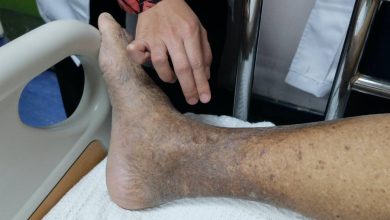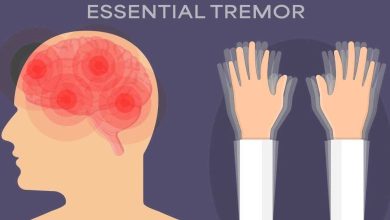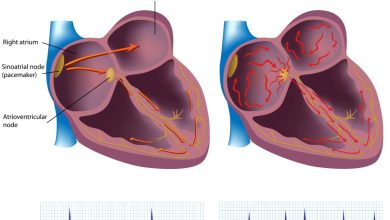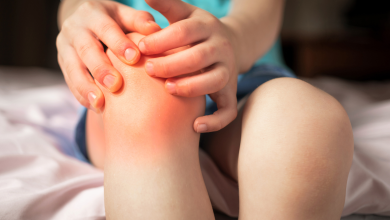Acne Vulgaris Symptoms, Causes, Diagnosis and Treatment
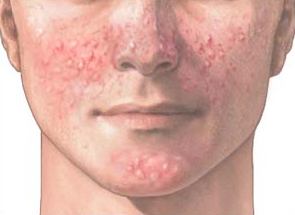
What Is Acne Vulgaris?
This type of acne is common in young adults and teenagers, because of the over-activity of the oil glands in the very skin and because of it the skin becomes inflamed and plugged. Acne specifically grows when the oil glands come to lives of young adults and teenagers and especially when puberty hits. Further they are stirred by the hormones of the male that are generated in the adrenal glands of both girls and boys. However, it is true that acne or acne vulgaris is not something to get worried because it is a common condition and it occurs to most of the teenagers and adults. People should get aware of the facts that this acne problem is common all around the globe and most of the professionals and doctors have stated that cure to such acne problem is just not do anything except for washing their face gently using prescribed soap.
What Are The Symptoms Of Acne Vulgaris?
Acne symptoms and signs vary because of the harshness of the condition and to some extent age is also a factor. However, we will look at some of the very common symptoms or signs which are as follows:
- Whiteheads – As mentioned earlier, whiteheads can potentially form causes of acne.
- Blackheads – One of the most common and significant causes of acne all around the world.
- Small red, tender bumps also known as papules can potentially be the cause of acne.
- The second most common cause of acne is pimples medically known as pustules that are basically pimples with their tips filled with pus.
- Solid, painful large lumps just underneath the face of the skin, medically known as nodules can possibly be the cause of acne.
How Is Acne Vulgaris Treated?
As mentioned earlier, acne is not something that disables teenagers and adults; however, its psychological impact can be a worrying factor to most of the people leading to:
- Depression
- Low self-esteem
- Severe anxiety
Therefore, the demand for effective therapies and treatments has increased by the time. There is no such defined treatment for acne, but people should wash their face regularly, at least three times a day. Using soft cloth to dry your face and ensure that you don’t rub or scrub your face while you are suffering from acne as this could possibly result in worsening your skin condition. There are cases when the situations get worse and it’s time for you to consider antibiotics formulations prescribed by your healthcare professionals. They restrain the potential growth of acne and reduce inflammation. Topical antibiotics like erythromycin and clindamycin are gaining popularity as the time has passed and are being considered to be the best in treating acne and managing it among teenagers and young adults.
Related Articles :
Pitted Acne Scars Symptoms, Causes, Diagnosis and Treatment
Acne Rosacea Symptoms, Causes, Diagnosis and Treatment
Erythema Nodosum Symptoms, Causes, Diagnosis and Treatment
Vitiligo Symptoms, Causes, Diagnosis and Treatment
Psoriasis Symptoms, Causes, Diagnosis and Treatment
Pemphigus Symptoms, Causes, Diagnosis and Treatment
Gangrene Symptoms, Causes, Diagnosis and Treatment
Chickenpox Symptoms, Causes, Diagnosis and Treatment
Aspergillosis Causes, Symptoms, Diagnosis and Treatment
By : Natural Health News

